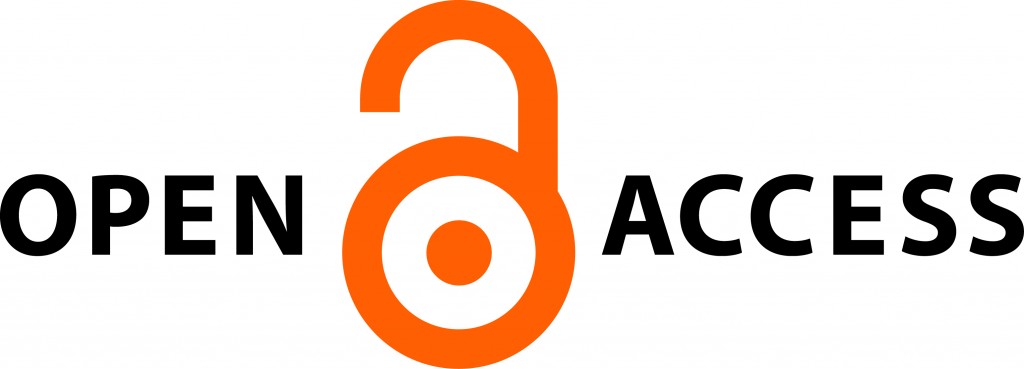Otago is hosting two Open Access Week events. Join us either on location or from around the country (links below). Twitter hashtag for all the week’s events across the country is #NZOAWeek2014
Whither and thither OA? Taking the bearings of open access journal publishing
Come along to hear where OA scholarly publishing currently stands and where it might be headed.
Melanie Remy, Justin Farquhar, Christy Ballard
12 – 1pm Monday 20 October
In person: Library Cen 3, Information Services Building
Online: https://connect.otago.ac.nz/christy/ (see help for using Connect)
The Media Text Hack & Open Educational Resources
Does your text book meet your needs? Find a new one that’s open and free to adapt. Better yet: write your own new text in a weekend!
Simon Hart, Sarah Gallagher, Richard White
Library Cen 3, Information Services Building
In person: 12 – 1pm Thursday 23 October
Online: https://connect.otago.ac.nz/sarah/ (see help for using Connect)

Image CC BY from openaccessweek.org


